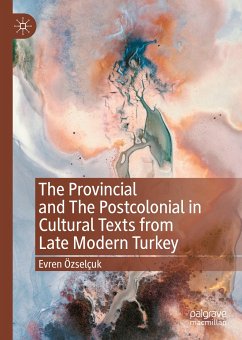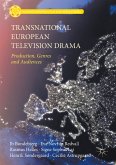This book explores Turkey's complicated relationship to modernity and its status within the new global order by tracing the ambivalent ways in which tasra (the provinces) is constituted in contemporary Turkish cinema and literature. Connoting much more than its immediate spatial meaning as those places outside of the center(s), tasra is a way of naming what modernity decries as spatial peripherality, temporal belatedness, and cultural backwardness. It has functioned historically as a psychosocial repository for what Turkish modernity degrades and disavows, enabling a mapping of the predicaments and contradictions of Turkish modernization and national identity-constitution. Organized around tasra as its central analytic and informed by postcolonial, psychoanalytical, and critical theory, the book examines the extent to which dominant codings of tasra are affirmed and/or complicated in cinematic and literary narratives by award-winning filmmakers Nuri BilgeCeylan and Fatih Akin and Nobel laureate Orhan Pamuk.
Evren Özselçuk teaches in the Department of English and the Film and Media Studies Program at the University of South Carolina, USA.
Dieser Download kann aus rechtlichen Gründen nur mit Rechnungsadresse in A, B, BG, CY, CZ, D, DK, EW, E, FIN, F, GR, HR, H, IRL, I, LT, L, LR, M, NL, PL, P, R, S, SLO, SK ausgeliefert werden.









